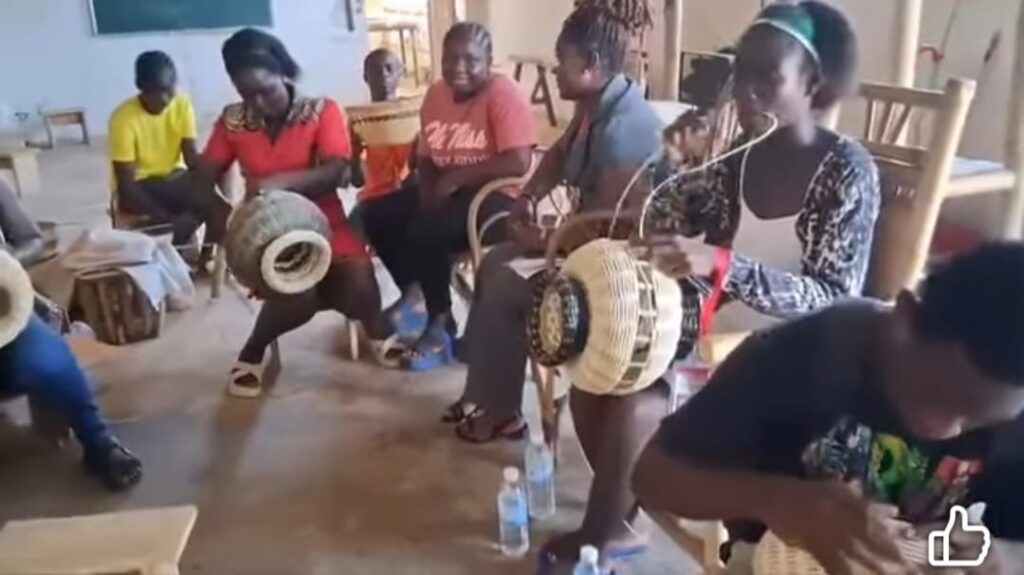MONROVIA, Liberia — In a modest workshop on the outskirts of Monrovia, a group of Liberian women carefully weave colorful balloons into intricate baskets.
Their hands move with practiced precision under the watchful eyes of Chinese instructors who occasionally offer guidance in accented English.
This scene marks the launch of the seventh term of the China-Liberia Women and Vegetable Plantation Project, part of China’s expanding “soft power” initiatives across Africa.
“After graduation, I was able to set up my own business,” said one participant who completed an earlier term of the program. The pride in her voice reflects the tangible economic benefits these skills have brought to communities still recovering from years of civil unrest and the 2014-2016 Ebola crisis.
The China AID initiative in Liberia represents Beijing’s broader strategy of engagement with African nations through targeted development programs rather than just large infrastructure projects. Since its inception, the program has trained hundreds of Liberians in handicraft production and agricultural techniques.
A team of 11 Chinese experts currently leads the training, with support from Liberia’s government ministries. The instruction follows a methodical approach—starting with product demonstrations, then proceeding step by step through production techniques, with continuous problem-solving assistance.
“We explain from the very first steps,” noted one Chinese instructor. “Step by step, they know how to make a product.”
The program’s methodology emphasizes sustainability through its “train the trainers” approach. Graduates are encouraged to become instructors themselves, taking their knowledge to other regions, including Lima and Grand Union counties.
“Those are people who will go to other places and will begin to replicate what has been done here,” explained a Liberian official at the launching ceremony. “If we can get them to replicate these things, [these skills] will spread in a way that we cannot do in one time.”
China’s development initiatives in Liberia exist within a competitive landscape of international influence. While the United States remains Liberia’s largest bilateral donor, China has steadily increased its presence through programs like this one.
For Beijing, these initiatives serve multiple purposes: creating goodwill, developing markets for Chinese goods, and securing support on international issues. Critics note these programs often come with implicit expectations of diplomatic alignment.
A Liberian minister attending the ceremony described the project as “a good window for understanding China” and praised “traditional Chinese culture” as “an important symbol of the Chinese cultural spirit.”
The expansion comes as China seeks to deepen its relationships across the African continent. According to the China-Africa Research Initiative at Johns Hopkins University, Chinese investments and contracts in Africa totaled approximately $340 billion between 2005 and 2022.
As participants showcase their handcrafted baskets to potential buyers, the concrete economic impact of skills transfer becomes evident. For many graduates, these relatively simple techniques represent paths toward financial independence and entrepreneurship in a nation where unemployment exceeds 25 percent.
“There are people here who have ideas and want to develop,” noted one official. “We will be working with you to ensure that this will be extended across the country.”


